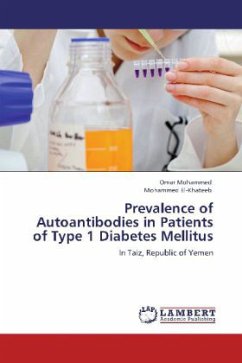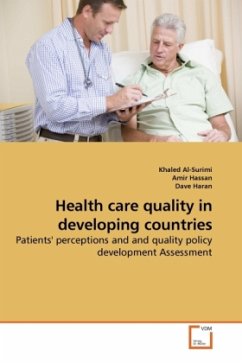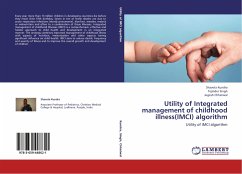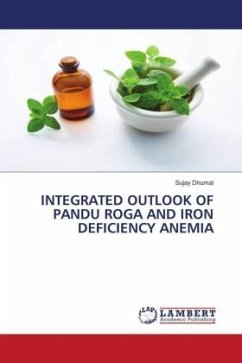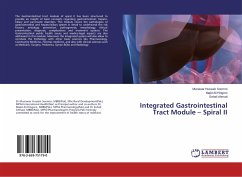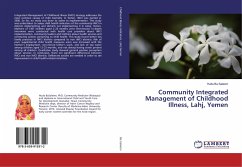
Community Integrated Management of Childhood Illness, Lahj, Yemen
Versandkostenfrei!
Versandfertig in 6-10 Tagen
56,99 €
inkl. MwSt.

PAYBACK Punkte
28 °P sammeln!
Integrated Management of Childhood Illness (IMCI) strategy addresses the most common causes of child mortality. In Yemen, IMCI was started in 2000. So far, no study was done to assess its implementation. This study was undertaken to assess child health indicators of the community-IMCI in districts implementing and districts not implementing it in Lahej, Yemen. Mothers of 1307 children aged 2-23 months were interviewed. In-depth interviews were conducted with health care providers about IMCI implementation, community leaders and mothers about health services and community actions pertaining to ...
Integrated Management of Childhood Illness (IMCI) strategy addresses the most common causes of child mortality. In Yemen, IMCI was started in 2000. So far, no study was done to assess its implementation. This study was undertaken to assess child health indicators of the community-IMCI in districts implementing and districts not implementing it in Lahej, Yemen. Mothers of 1307 children aged 2-23 months were interviewed. In-depth interviews were conducted with health care providers about IMCI implementation, community leaders and mothers about health services and community actions pertaining to child health. This study found better key family practices in IMCI districts compared to non IMCI districts. Risk of poor supplemental child health measures score was increased with the mother's employment, non-clerical father's work, and lack of tap water among children aged 12-23 months, and not always having water present among all children. Qualitative study showed general positive perception about services. In conclusion, there are significant differences between IMCI and non IMCI districts. Deliberate actions are needed in order to see improvement in child health-related initiatives.



